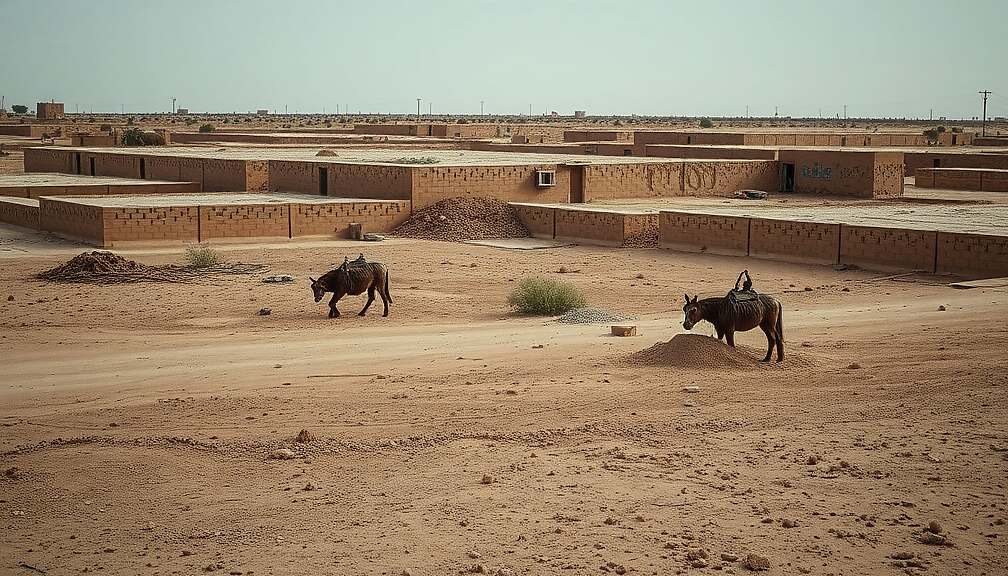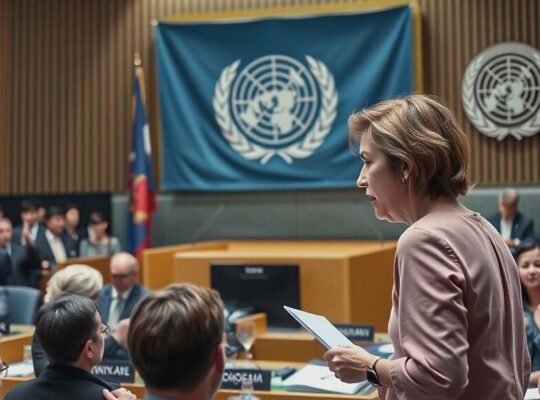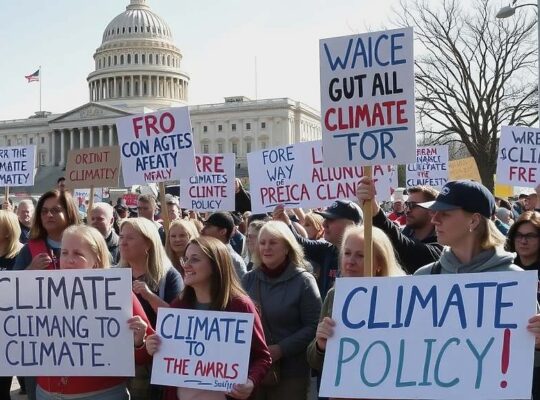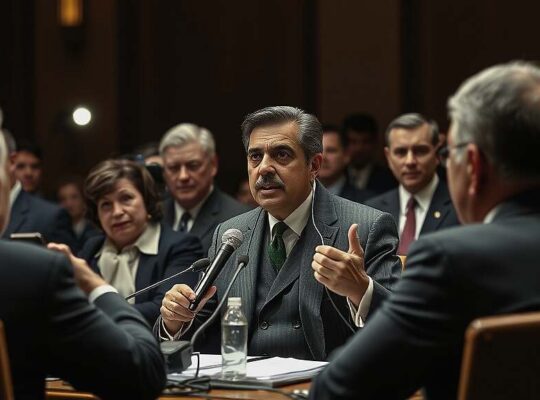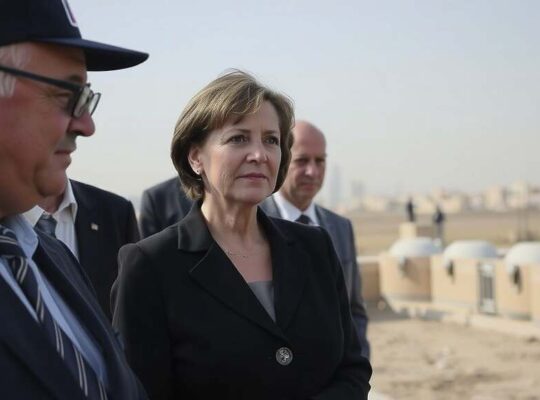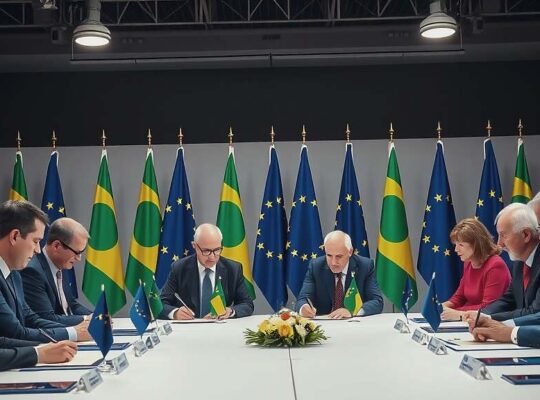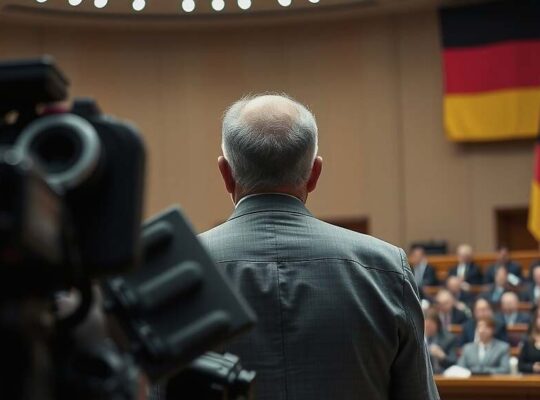The prospect of a renewed military escalation in Gaza intensified this week following a stark warning from former US President Donald Trump. In a post on his personal platform, Trump asserted that several key US allies in the Middle East have expressed eager support for a large-scale troop deployment into Gaza should Hamas violate agreements with the United States. He framed the potential operation as a means of “setting Hamas straight” implying a significantly escalated response to perceived transgressions.
While maintaining that there remains potential for Hamas to adhere to US-backed stipulations, Trump’s language conveyed a clear ultimatum: failure to comply would result in a swift, forceful and ruthless conclusion to the organization. The phrasing highlights a potentially destabilizing shift in US policy, moving beyond diplomatic pressure towards a more overtly militaristic approach to the ongoing conflict.
Adding further weight to the escalating tensions, US Vice President JD Vance arrived in Israel Tuesday for a series of high-level meetings. Vance is scheduled to meet with Prime Minister Benjamin Netanyahu and to visit the joint headquarters of Israeli and US forces. This visit is being interpreted by analysts as a demonstration of unwavering US support for Israel’s security interests and a signal of potential escalation should negotiations with Hamas falter.
Critics are already raising concerns about the implications of Trump’s statements and Vance’s visit, questioning the legality and potential humanitarian consequences of a large-scale military intervention in Gaza. The reliance on ambiguous “agreements” with Hamas and the explicit endorsement of a brutal response raise questions about accountability and adherence to international law. The pronouncements also risk further polarizing the region and potentially inflame already volatile geopolitical dynamics, hindering progress towards a lasting peace. The extent to which these pronouncements reflect official US policy remains unclear, but they contribute to a climate of heightened anxiety and potential for significant regional instability.


